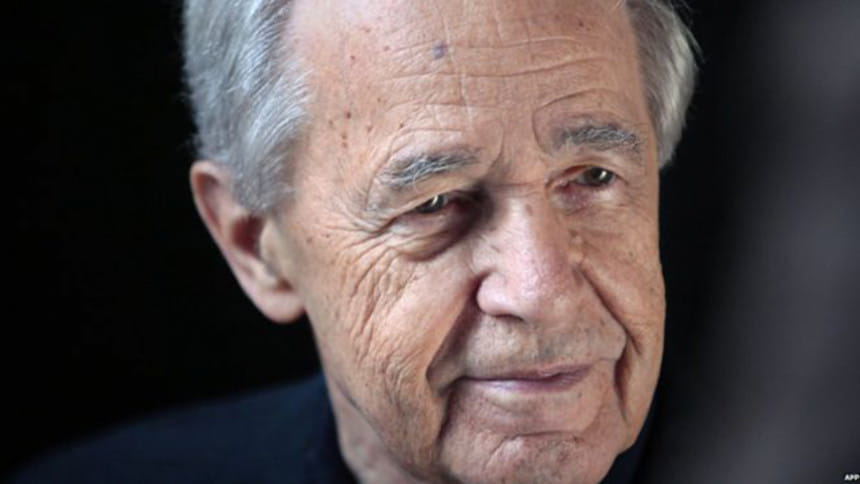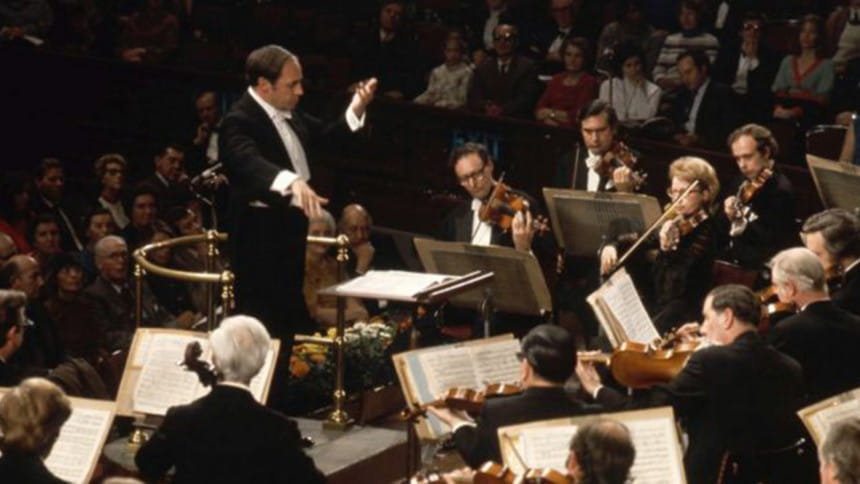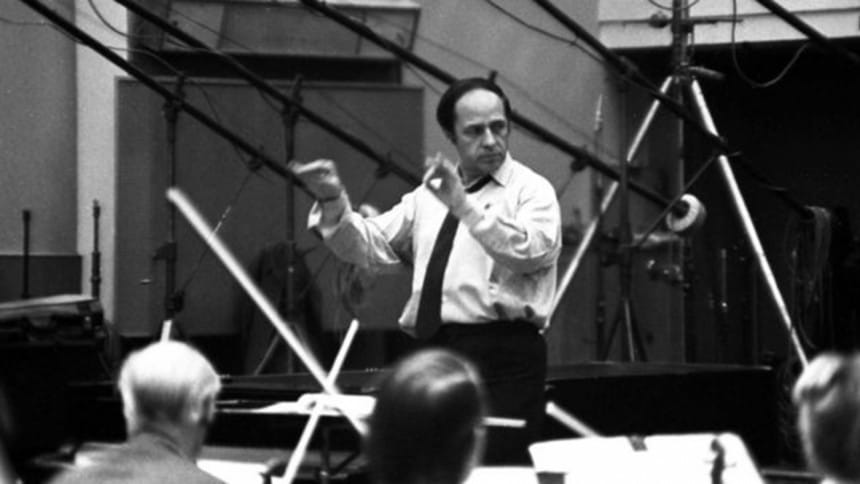Composer Pierre Boulez dies at 90

French composer and conductor Pierre Boulez has died at the age of 90.
His family said the world-renowned musician died on Tuesday at his home in Baden-Baden, Germany.
"For all those who met him and were able to appreciate his creative energy, his artistic vigour... will remain alive and strong," they said.
As well as being a world-famous composer and conductor he was a prolific writer and pianist and head of the music venue The Paris Philharmonic.
Boulez was also the founder and former director of the Paris based Institut de Recherche et Coordination Acoustique/Musique and was famed for his work alongside leading experimental composers such as Karlheinz Stockhausen and Olivier Messiaen.
French Prime Minister Manuel Valls paid tribute to Boulez on Twitter: "Courage, innovation, creativity, this is what Pierre Boulez meant to the world of French music, of which he made a beacon of light throughout the world."
Audace, innovation, créativité, voilà ce que fut Pierre Boulez pour la musique française, qu'il a fait rayonner partout dans le monde. MV
— Manuel Valls (@manuelvalls) January 6, 2016
French President Francois Hollande said in a statement: "Pierre Boulez made French music shine throughout the world. As a composer and conductor, he always wanted to reflect on the ages."
Boulez had been considered one of the most influential voices in the contemporary music since the 1950s and, as a conductor, he was in demand on both sides of the Atlantic.

One of his particular trademarks as a conductor was that he shunned the baton, always choosing to conduct with his hands.
As a composer, Boulez's work was noted for its difficulty, with one of his most celebrated works, Le Marteau Sans Maitre, being inspired by the complexity and lack of formal artistic structure of surrealist poetry.

Born in the Loire region of France in 1925, Boulez began his musical career at the Conservatoire in Paris, one of the world's most celebrated music schools.
He graduated in 1945 and, still only 21, became musical director of the theatre company of Jean-Louis Barrault and Madeleine Renaud.
During this period he composed violent early pieces such as his first two piano sonatas and Livre Pour Quatuor for the string quartet.

 For all latest news, follow The Daily Star's Google News channel.
For all latest news, follow The Daily Star's Google News channel. 








Comments